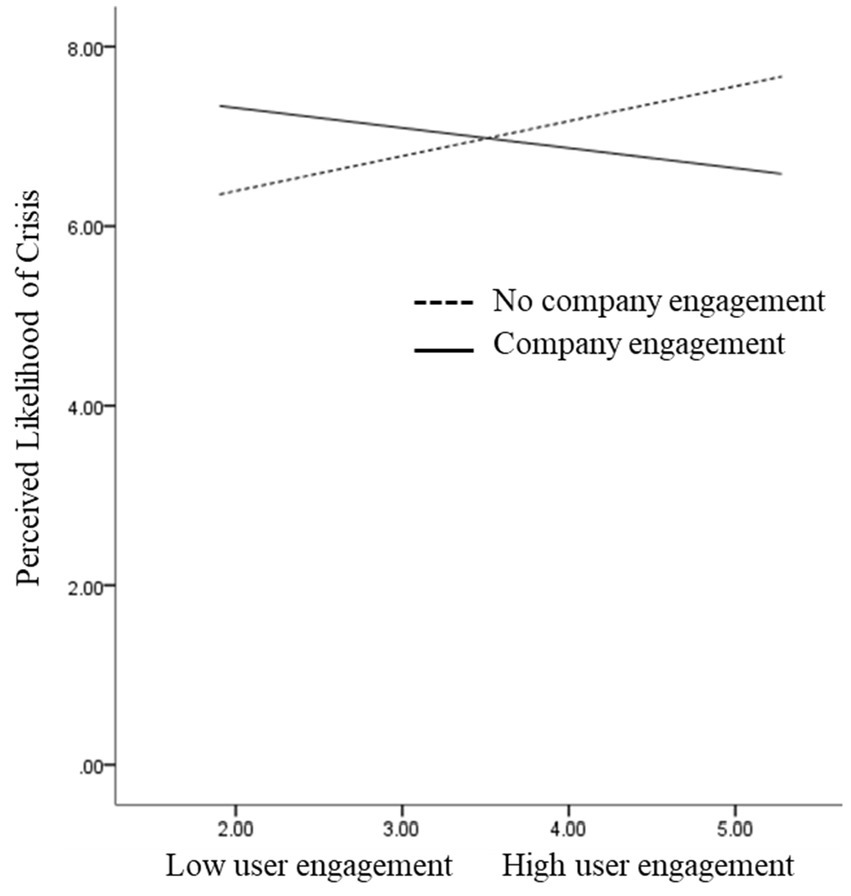
The UK’s inability to keep and grow science and technology firms has now reached a ‘crisis point’, cautions a [recent report from the House of Lords science and technology committee](https://committees.parliament.uk/work/9014/financing-and-scaling-uk-science-and-technology-innovation-investment-industry/publications/).
The report indicates that the UK has experienced ‘a steady stream of promising science and technology firms relocating abroad’, such as quantum computing pioneer Oxford Ionics in June, which was acquired for $1 billion (£770 million) by a US firm, and OrganOx, a transplantation technology spin-out from Oxford sold to a Japanese firm for $1.5 billion in August. It emphasizes that without ‘urgent and radical reform’, it may soon be too late to address long-standing challenges in scaling, retaining the economic advantages of research and development, and capitalizing on technological and economic opportunities.
Among its suggestions are reforms to [ineffective visa policies for global talent](https://www.chemistryworld.com/news/the-cost-of-a-visa-for-a-researcher-moving-to-the-uk-is-22-times-that-of-international-average/4022384.article) to attract skilled scientists and entrepreneurs to the UK. It also calls on the government to continue implementing the [Mansion House reforms](https://www.chemistryworld.com/news/what-will-the-next-election-bring-for-uk-researchers/4018294.article#:~:text=Also%20speaking%20at,science%20start%2Dups.) – a program aimed at unlocking pension funds for high-growth enterprises and enhancing investment returns for savers.
A significant recommendation is for the creation of a National Council for Science, Technology and Growth to facilitate reforms that bolster science and technology growth and scale UK firms. The report, informed by various expert witnesses like the Royal Society of Chemistry and UK Research and Innovation, also suggests that public investment entities, such as Innovate UK, the British Business Bank, and the National Wealth Fund, should collaborate more closely, or possibly merge into a single organization to compete with foreign sovereign wealth funds.
The report further advocates changes to public procurement, including requiring a certain percentage of government departments’ budgets to be allocated to innovative UK-based SMEs. Additionally, it proposes that career pathways, compensation, and incentives must evolve to enable smoother transitions between academia, industry, and government, granting each sector access to the skills and networks of the others.
Lastly, it warns that the UK should not take its research foundation in universities ‘for granted’ and that this is now ‘under threat’ [due to the ongoing higher education funding crisis](https://www.chemistryworld.com/news/chemistry-courses-departments-face-closure-in-the-uk-highlighting-higher-educations-financial-woes/4020112.article). It asserts that the UK government must resolve this crisis ‘before it’s too late’, rather than suggesting ‘counter-productive’ measures like a levy on international students.
‘The UK has faced stagnant productivity growth and nearly stagnant real wages since the global financial crisis,’ states Robert Mair, chair of the committee. ‘Its failure to retain a greater share of the economic benefits from its science and technology R&D initiatives is a critical flaw in any growth strategy.’
‘We have seen a steady flow of promising science and technology firms opting to expand overseas instead of in the UK. Even during our investigation, multiple significant companies including Oxford Ionics, Deliveroo, and Wise have moved or grown internationally, and long-standing life sciences companies like AstraZeneca are contemplating exit strategies.’
‘The UK economy is simply failing to function, and the repercussions are evident for everyone to observe,’ Mair added. ‘If the UK intends to halt its decline, decisive leadership and coordinated action are essential to revitalize and enhance its science and technology sector.’
In the [industrial strategy released last year](https://www.chemistryworld.com/news/uk-industrial-strategy-prioritises-advanced-manufacturing-and-life-sciences/4021759.article), the UK government set forth broad objectives for the nation to emerge as the third-best location in the world for scaling technology businesses and to realize the first $1-trillion tech company in the UK by 2035. The report acknowledges that while these are ‘commendable goals’, the UK is currently ‘moving in the contrary direction’.